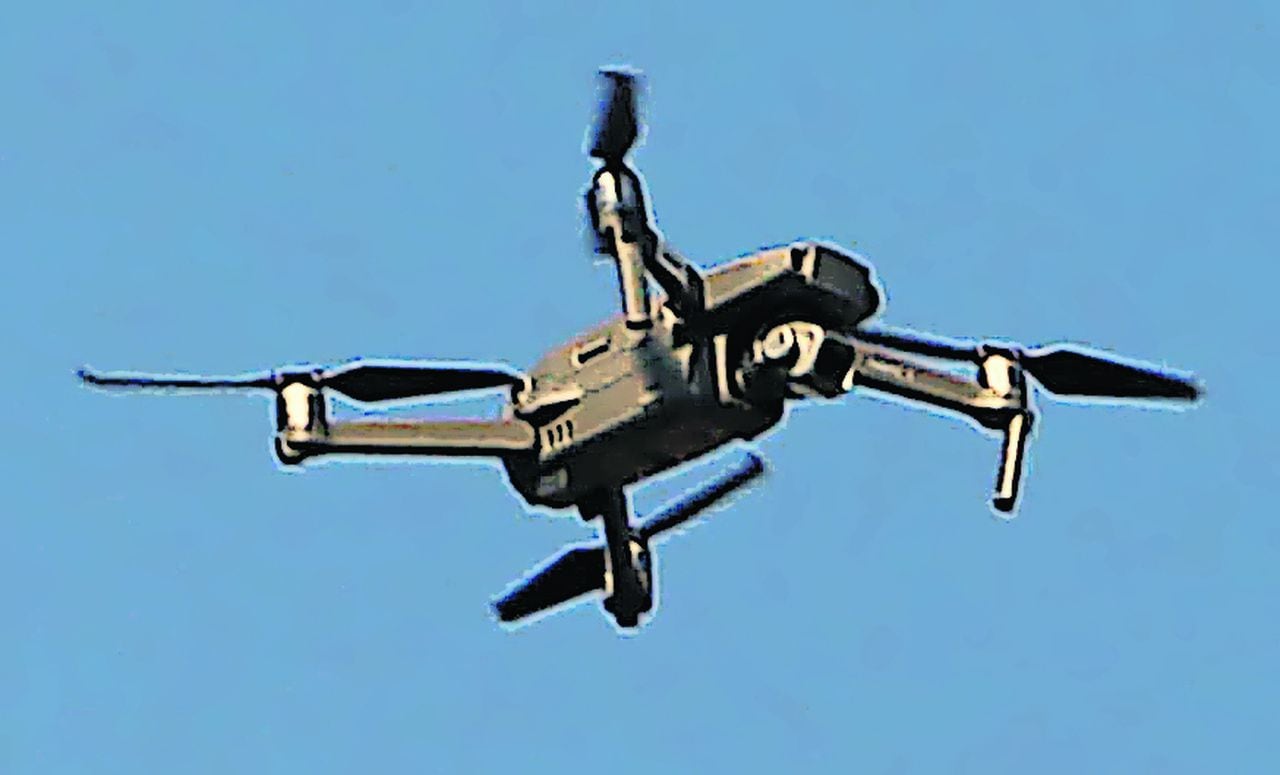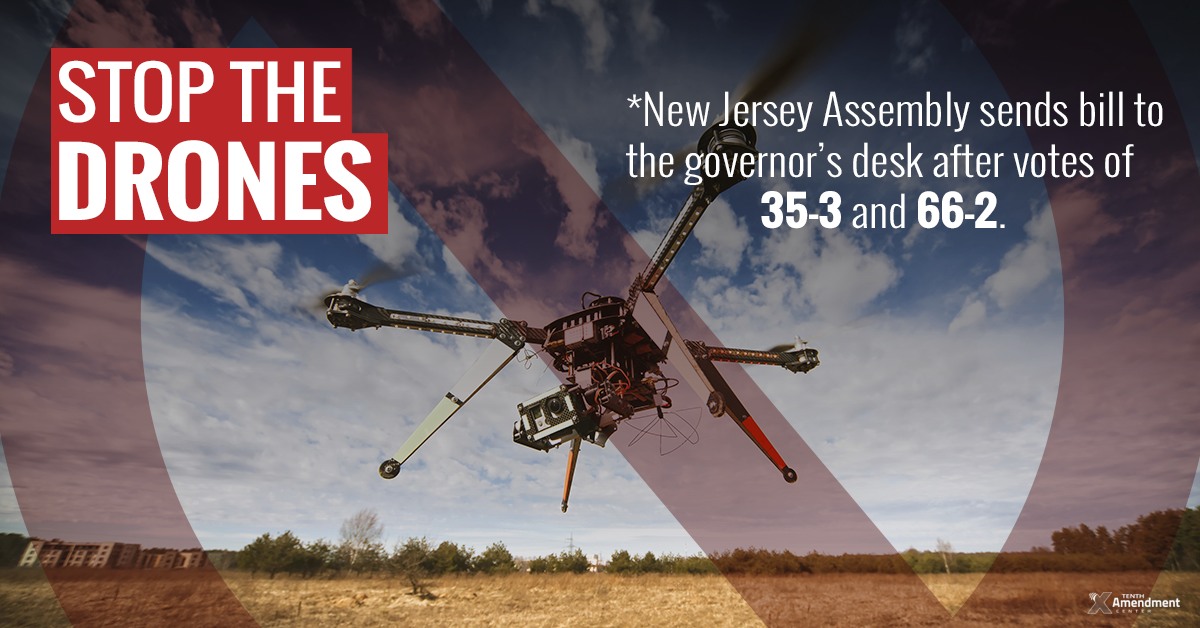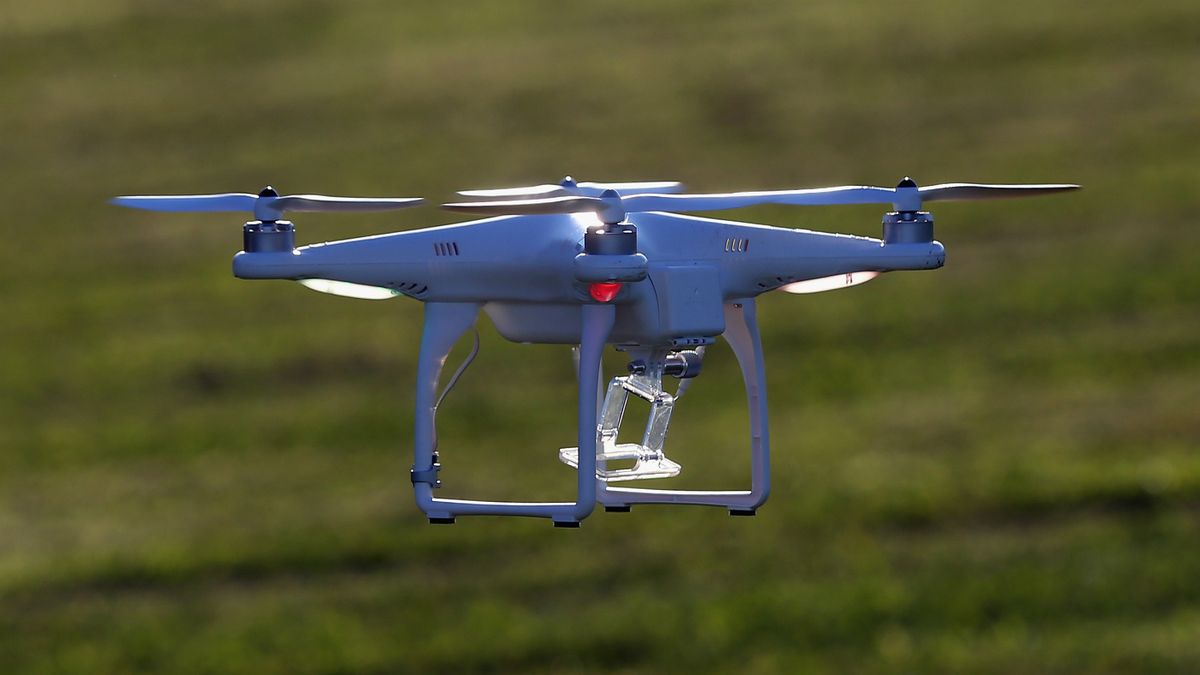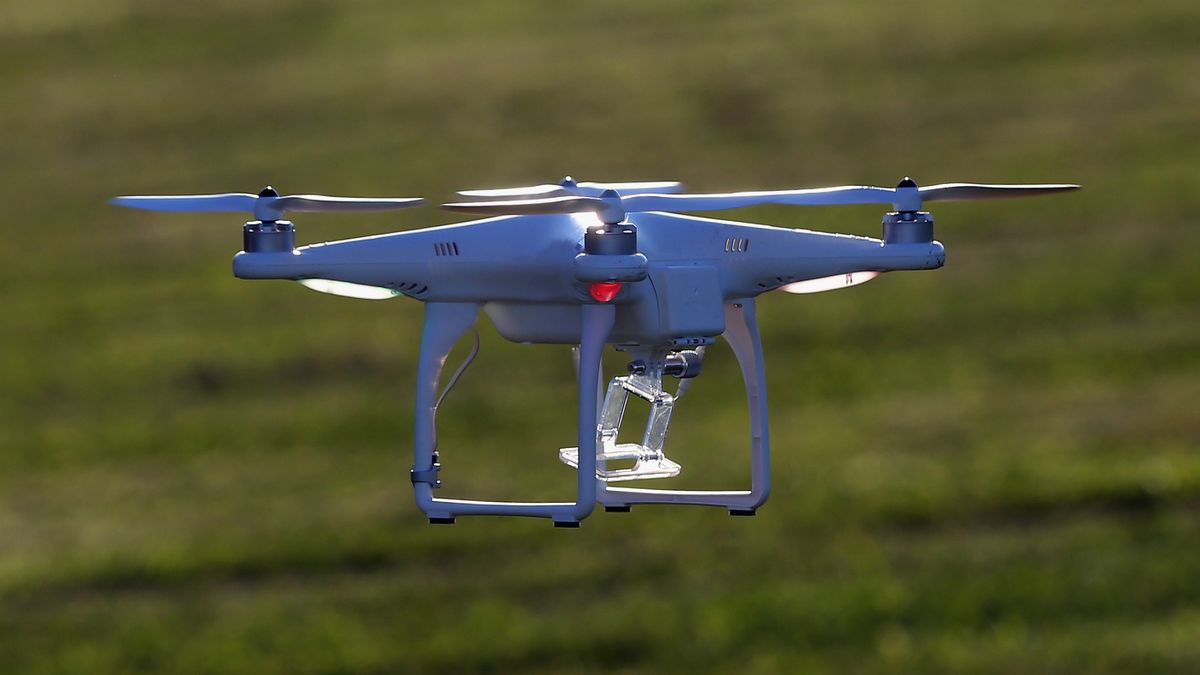Drones Over New Jersey Solved: The recent surge in drone activity across the Garden State has prompted significant discussion regarding safety, legality, and economic impact. This exploration delves into the multifaceted world of New Jersey’s drone regulations, examining both the challenges and opportunities presented by this rapidly evolving technology. We’ll investigate the legal framework governing drone operation, analyze common incidents, and explore technological solutions for enhanced monitoring and control.
The recent concerns regarding unauthorized drone activity over New Jersey seem to have been addressed, thankfully. For a completely different perspective on aerial surveillance, you might find the live feed from the port dover live camera interesting; it offers a fascinating contrast to the more urban drone issues in New Jersey. Ultimately, responsible drone operation remains crucial everywhere, regardless of location.
Furthermore, we will assess the role of drones in public safety and their contributions to the New Jersey economy.
From navigating complex legal landscapes to understanding the technological advancements shaping drone surveillance, this comprehensive overview aims to provide clarity and insight into the current state of drone usage in New Jersey. We will examine both the positive and negative aspects, offering a balanced perspective on this increasingly prevalent technology.
Drone Operations in New Jersey: A Comprehensive Overview
The increasing popularity of drones in New Jersey presents both opportunities and challenges. This overview examines the legal framework governing drone usage, common incidents, technological solutions for monitoring and control, implications for public safety, and the economic impact of this technology within the state.
Legal Aspects of Drone Usage in New Jersey

New Jersey’s drone regulations are largely in line with Federal Aviation Administration (FAA) rules, but also incorporate specific state laws. These regulations cover registration requirements, airspace restrictions, operational limitations, and penalties for violations. Neighboring states have similar frameworks, although specific regulations may vary slightly.
Penalties for violating drone regulations can range from fines to potential criminal charges, depending on the severity of the infraction. For example, flying a drone near an airport without proper authorization could result in significant penalties. Legal drone uses include aerial photography for real estate, infrastructure inspection, and agricultural monitoring. Illegal uses include flying over private property without permission, operating a drone beyond visual line of sight (BVLOS) without proper authorization, and interfering with emergency services.
| Legal Drone Activities | Examples | Illegal Drone Activities | Examples |
|---|---|---|---|
| Aerial Photography/Videography | Real estate photography, filming for documentaries | Flying over private property without permission | Filming a neighbor’s backyard without consent |
| Infrastructure Inspection | Bridge inspections, power line surveys | Operating beyond visual line of sight (BVLOS) without authorization | Flying a drone to deliver packages over long distances without proper permits |
| Agricultural Monitoring | Crop health assessment, irrigation management | Interfering with emergency services | Flying a drone near a wildfire, hindering firefighting efforts |
| Search and Rescue Operations | Locating missing persons in difficult terrain | Flying a drone in restricted airspace | Operating a drone near an airport without authorization |
Common Drone-Related Incidents in New Jersey

The most frequently reported drone incidents in New Jersey involve near misses with aircraft, airspace violations, and property damage. While precise statistics are not publicly available in a comprehensive, centralized database, anecdotal evidence suggests a significant portion of incidents stem from pilot error, such as loss of control or operating outside of visual line of sight. Malfunctions and unauthorized operation also contribute to the number of incidents.
A hypothetical bar chart illustrating the frequency of different types of drone incidents might show “Near Misses” as the highest bar, followed by “Airspace Violations,” “Property Damage,” and “Other” (including incidents such as collisions with objects or wildlife). The specific heights of the bars would reflect the relative frequencies of these incident types, based on available (though potentially incomplete) data from local news reports and law enforcement agencies.
Technological Solutions for Drone Monitoring and Control in New Jersey
Several technologies are employed to track and monitor drones in New Jersey airspace. These include radar systems, radio frequency (RF) detection systems, and optical/infrared cameras. Each system has its strengths and weaknesses; radar systems can detect drones at longer ranges but may struggle with smaller drones, while RF detection systems can pinpoint specific drone signals but might be susceptible to interference.
Law enforcement utilizes counter-drone technologies, such as drone jammers or net-launching systems, to neutralize unauthorized drones.
- Improved drone registration and identification systems.
- Enhanced GPS-based geofencing technology to restrict drone access to sensitive areas.
- Development of more sophisticated counter-drone technologies with improved accuracy and minimal collateral damage.
- Integration of drone detection systems with existing air traffic control infrastructure.
Public Safety and Drone Operations in New Jersey
Drones are increasingly used to enhance public safety in New Jersey, particularly in search and rescue operations and emergency response. Permits for public safety drone operations typically require demonstrating operational competence, adherence to safety protocols, and obtaining necessary approvals from relevant authorities. Unauthorized drone use poses risks to public safety, including potential collisions with aircraft or people, and interference with emergency response efforts.
The recent drone activity over New Jersey has prompted increased security measures. For high-quality aerial surveillance, consider the capabilities of drones like the black falcon 4k drone canada , known for its impressive 4K video and long flight times. This technology could significantly aid in future monitoring efforts to prevent similar incidents over New Jersey airspace.
- Establish clear communication channels between drone operators and emergency responders.
- Develop standardized operating procedures for drone operations near critical infrastructure.
- Implement robust risk assessment protocols to identify and mitigate potential hazards.
- Provide regular training and education to drone operators on safe operating practices and emergency response procedures.
Economic Impact of Drones in New Jersey, Drones over new jersey solved

Drone technology offers significant economic benefits across various sectors in New Jersey. In agriculture, drones are used for crop monitoring and precision spraying, while in construction, they aid in site surveying and progress tracking. Delivery services are also exploring drone usage for faster and more efficient deliveries. Several successful drone businesses operate in New Jersey, creating jobs and stimulating economic growth.
| Sector | Economic Benefits | Examples | Job Creation Potential |
|---|---|---|---|
| Agriculture | Increased crop yields, reduced pesticide use | Precision spraying, crop monitoring | Drone pilots, agricultural technicians |
| Construction | Improved site surveying, faster project completion | Aerial site mapping, progress monitoring | Drone pilots, construction engineers |
| Delivery Services | Faster delivery times, reduced transportation costs | Package delivery, medical supply delivery | Drone pilots, logistics managers |
| Infrastructure Inspection | Reduced inspection costs, improved safety | Bridge inspections, power line surveys | Drone pilots, inspection engineers |
In conclusion, the issue of drones over New Jersey is far from simply “solved,” but rather a dynamic situation requiring ongoing adaptation and technological advancement. While challenges remain in balancing public safety concerns with the economic and societal benefits of drone technology, the progress made in legal frameworks, monitoring systems, and public awareness demonstrates a commitment to responsible drone integration.
Continued collaboration between regulatory bodies, law enforcement, and drone operators will be crucial in shaping a future where drones contribute positively to the state’s development while mitigating potential risks.
FAQ: Drones Over New Jersey Solved
What are the most common penalties for illegal drone operation in New Jersey?
Penalties can vary depending on the severity of the violation but may include fines, license suspension, or even criminal charges.
Can I fly a drone over private property in New Jersey without permission?
No, generally you need the property owner’s permission before flying a drone over private land.
Are there specific airspace restrictions for drones near airports in New Jersey?
Yes, there are strict regulations prohibiting drone flights near airports; consult the FAA’s B4UFLY app for specific restrictions.
What types of jobs are being created by the drone industry in New Jersey?
The industry is creating jobs in areas like drone piloting, maintenance, software development, and data analysis.
